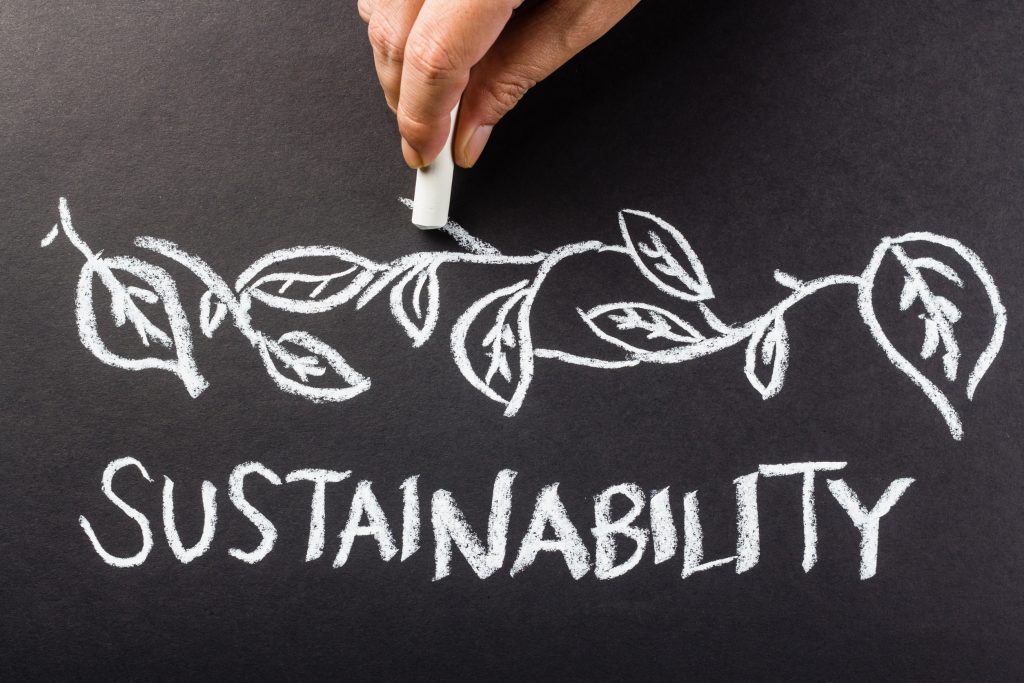Interest in adopting a zero-waste lifestyle has been increasing in recent years. While the idea of “zero waste” might seem overwhelming, it can be incredibly impactful. It can be difficult to fully commit to the idea of creating no waste, but it’s not impossible. If this is something that interests you, here are several steps to kickstart your journey toward a more sustainable life.
Understand What Zero Waste Means
First and foremost, you need to know what “zero waste” actually means. It doesn’t mean you don’t create any trash. Instead, you are minimizing waste and making intentional choices that prevent more trash from ending up in landfills. Ultimately, this lifestyle prioritizes reducing, reusing, recycling, and composting over simply disposing of items. It’s not about achieving perfection but striving for continuous improvement in sustainable living. Many zero-waste enthusiasts aim to create as little trash as possible, focusing on items with a reusable or compostable lifecycle. This approach also encourages buying only what you need to reduce unnecessary consumption. Understanding the concept is the first step to making meaningful changes in your daily life.
So, what steps can you take to achieve a more sustainable, zero-waste lifestyle?
1. Audit Your Waste Habits
Before you get started, you should take some time to look at your current habits. What are you throwing away most often? How can you cut back? Maybe you throw away single-use plastics and food packaging on a regular basis. Or you might toss out things like glass spaghetti jars that can be reused. Try keeping a waste diary for about a week. This will reveal any patterns and provide you with a starting point on how you can approach your zero-waste lifestyle.
2. Swap Disposable Items for Reusable Alternatives
The whole idea behind a zero-waste lifestyle is to reduce the amount of things you’re throwing away. Single-use or disposable items should be swapped out for more durable, reusable products. For instance, our son loves fruit and veggie pouches like GoGoSqueeze. They make reusable pouches where you can make your own puree. We swapped out the storebought disposable pouches for something more reusable. It makes for a little more work, but we feel good about reducing the waste (and the ingredients). Small swaps add up, making a noticeable impact over time.
3. Embrace Composting to Reduce Food Waste
Composting is a game-changer for reducing organic waste and enriching soil for gardening. Many food scraps, like vegetable peels, coffee grounds, and eggshells, can be composted instead of thrown away. Setting up a compost bin is simple, whether you live in a house with a yard or an apartment with limited space. Composting prevents food waste from emitting harmful methane gases in landfills, making it an eco-friendly solution. Some communities even offer curbside composting services to make the process more convenient. Embracing composting is a tangible way to live more sustainably.
4. Shop Mindfully to Avoid Excess Packaging
The products you buy can also have an impact on your zero-waste goals. Look for brands and products that use minimal or eco-friendly packaging. Shopping in bulk can also help eliminate unnecessary plastic. Of course, you should also opt for reusable grocery bags and skip the produce bags too. Some other potential ideas to help you shop mindfully include:
- Shopping at local farmers’ markets
- Focusing on items you genuinely need
- Considering your values when you buy things
- Making a list and sticking to it
- Checking your “inventory” at home
- Researching brands and products ahead of time
5. Educate and Inspire Others
Living a zero-waste lifestyle isn’t just about your habits—it’s about influencing others to adopt sustainable practices too. Share your journey with friends, family, and social media followers to spread awareness. Simple actions, like gifting eco-friendly items or hosting a zero-waste workshop, can encourage others to join the movement. Collaboration can amplify your impact, as communities working together achieve more than individuals alone. Remember, change doesn’t have to happen overnight; inspiring even one person can create a ripple effect. Being an advocate for zero waste helps sustain the momentum of the movement.
Small Changes, Big Impact
Anyone considering transitioning to a zero-waste lifestyle shouldn’t feel overwhelmed by this decision. Taking everything one step at a time makes the move more manageable. It’s best to focus on small swaps and embrace the idea of continuing to improve your personal sustainability. Everything starts with being more mindful about your habits and encouraging other people to follow in your footsteps. Overall, this means you’ll contribute to a greener, more sustainable world all around.
Read More
- How Minimalist Spending Strategies Can Transform Your Finances
- You May Want to Think Twice About Home Renovations in 2025

Drew Blankenship is a former Porsche technician who writes and develops content full-time. He lives in North Carolina, where he enjoys spending time with his wife and two children. While Drew no longer gets his hands dirty modifying Porsches, he still loves motorsport and avidly watches Formula 1.
